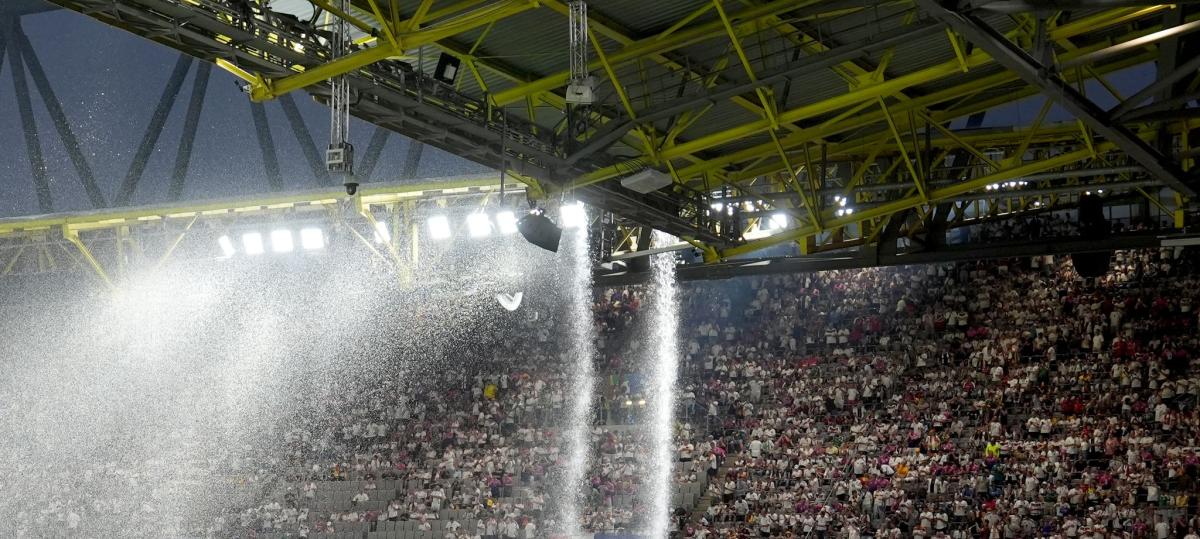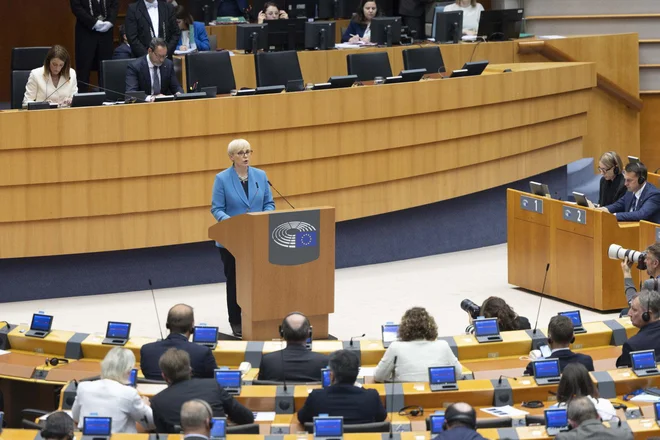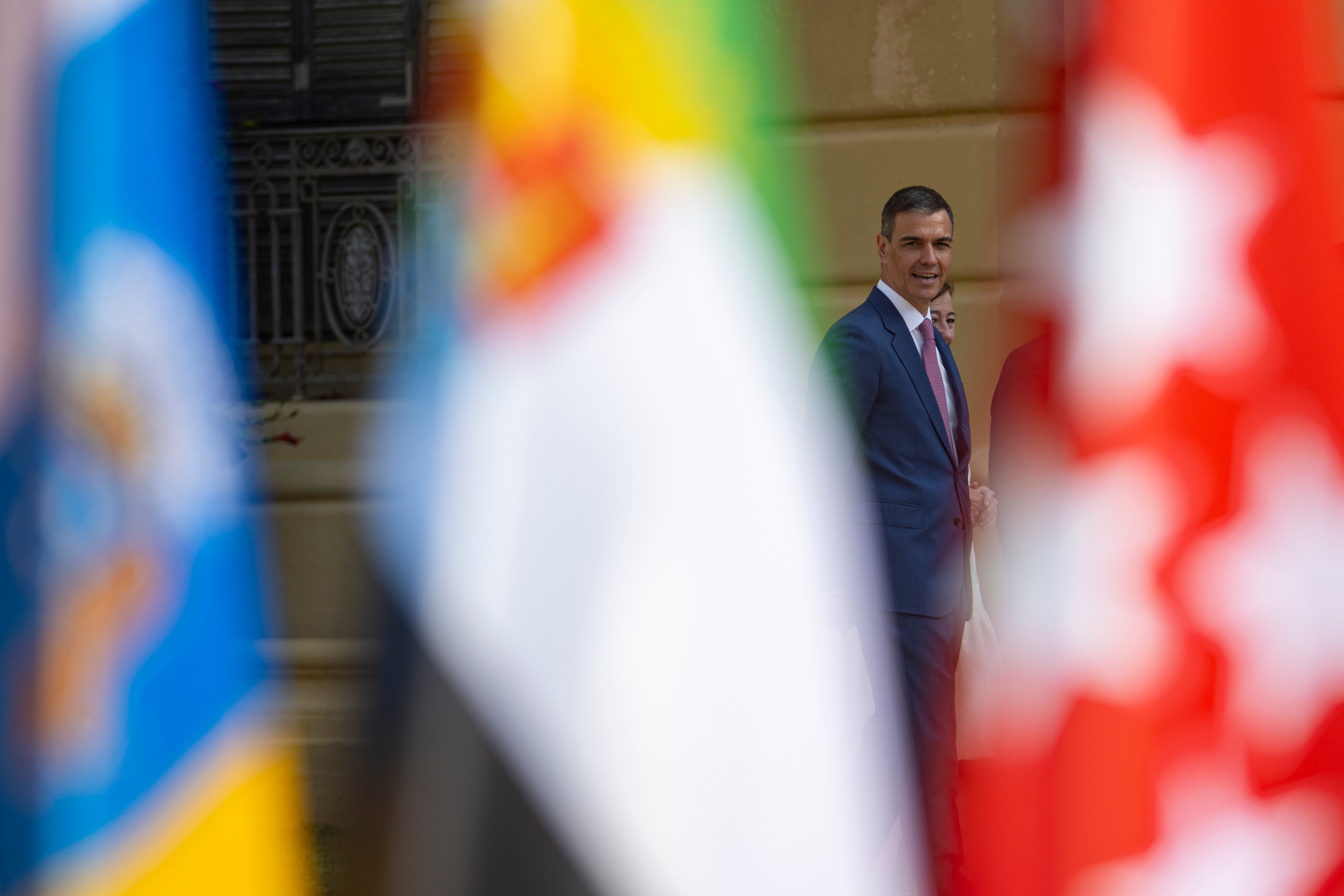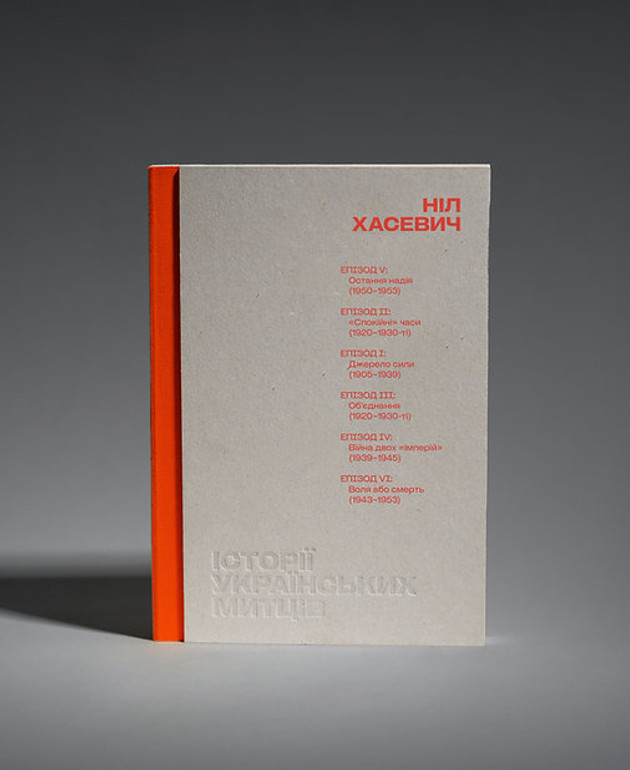« If you don't want to see that, you are blind »
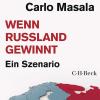
You describe in your new book “If Russia wins. A scenario ”, as Moscow in 2028, with a factual surrender of Ukraine in the back, shakes NATO through a clever alliance policy and military needles. Have you not chosen this for a political scientist a fiction of a fiction with literary elements to find more resonance for your warning?
Carlo Masala: Yes, exactly. I wanted to show what could happen if Russia war against Ukraine wins. To make this a little more interesting than a purely scientific essay with which I would probably reach fewer people.
Did you enjoy using this genre?
Masala: No, not at all. I sweated blood and water because I constantly thought that I had ventured to a completely strange terrain. I totally moved out of my feel -good zone.
When they wrote this book, they could not yet know how hostile US President Trump and his advisors would express themselves about their former allies and how clearly they approach Putin. Would your fiction be even darker with this knowledge?
Masala: No, that was relatively independent of it What Trump will do in concrete. My text plays in 2028. What happens until then, who rules in the most important states, I could not foresee. So I would have ended up in a dead end if I had made the individual figures in a fine granulated trump or a chancellor Merz. I wrote the book before the US election. However, I was almost sure that Trump would do it. That is why I outlined an American president in my fiction who would definitely refuse to support or a security guarantee for Europe.
Your US President does not actually resemble the current incumbent. Nevertheless: How can politicians in Europe deal with the real Trump?
Masala: He wants to go out of Europe. You can't change your mind on this point. He explained that he would no longer guarantee security primarily for Europe. The second is that Trump deliberately uses unpredictability in all directions. Using the example of the Russian aggression war against Ukraine: He plays with his unpredictability towards Russia, opposite the Ukraine And towards the Europeans. Therefore, he is no longer a reliable partner.
How can you meet him?
Masala: The Europeans should not jump over every stick, don't hang along what Trump makes every day, but pursue their own path.
In their scenario, the NATO not the test. The Russian politicians and the military are tactical and mentally superior to the Allianz. How does it get?
Masala: It's about distraction. Russia exerts pressure on Europe by promoting migration from Africa. Moscow ally China provokes the West by filling a reef in the South China Sea, which is claimed by the Philippines. Then Russian troops occupy the Estonian small town of Narva, in which many Russians live, and a small island in the Baltic Sea.
They describe a cool, well thought -out strategy of the Kremlin …
Masala: I don't write about a full attack on Estonia or Poland. It is a calculated risk that Russia takes in my fiction based on conditions and scientific knowledge. Moscow tests the cohesion of NATO: If the alliance reacts, Russia withdraws without serious damage. If NATO does not react, the alliance is at the end. So is the scenario in my book. Then Russia would have won.
You are sure that Putin is more concerned than the annihilation of Ukraine. What are his strategic goals?
Masala: Think of the letter that Putin sent to Washington and Brussels on December 17, 2021. And think of the statements two or three months ago with a view to American-Russian negotiations. The Russians say that they want to talk about European security structures. They are concerned with the processing of NATO since 1997. That would mean that the US troops leave Central and Eastern Europe. Yes, the Russians have further goals that they have formulated very clearly, even before the military attack on Ukraine. If you don't want to see this, you are blind.
Your book reads like a settlement with the strategy of Europeans. What has to change?
Masala: Now we are at a point in Europe for the first time where it is really clear that you could stand and have to act alone. In the past there were only lip service, now we see at least concrete action, but it has to be even more concrete and faster.
They complain that the hypnotic starter on the nuclear threat from Russia paralyzes the EU's ability to act.
Masala: I think it's not about the question of whether we are now Spread your own nuclear protective screen, Or that the Germans produce their own nuclear weapons. We have to deal realistically with nuclear threats. Because not every nuclear threat leads to the nuclear war. We have to learn to assess when the risk of use of nuclear weapons is real and when it is only part of a deterrent strategy. In any case, such a commitment has not been real in the Ukraine War. If you follow the discussion in France, Italy or Poland, you can see that no society, no politics has been intimidated by nuclear threats as the Germans.
According to current surveys, a large majority of Germans are for a special fund for defense. Is the population on the way to greater resilience against the Russian threat?
Masala: The Germans were actually always stable against the Russian threat in terms of their public opinion. It was politics that believed that many things could not be expected to the Germans.
I assume you hope that you are completely wrong with your fiction?
Masala: Yes, of course I hope that I am not right. The scenario technology that I use is there to think about what would be possible in the future. I don't say that we can actually give up right away. It's about the discussion Whether Russia is able to attack NATO. Do you attack Poland or the Baltic states? I think it is more likely that Russia will test NATO. And in the afterword I write what we have to do in my view so that we are not presented with this situation.
Photo: Beck Verlag
Carlo Masala,, 54, works as a professor of international politics at the University of the Bundeswehr in Munich. His new book « If Russia wins. A scenario », 116 pages, has now been published by Beck Verlag.


